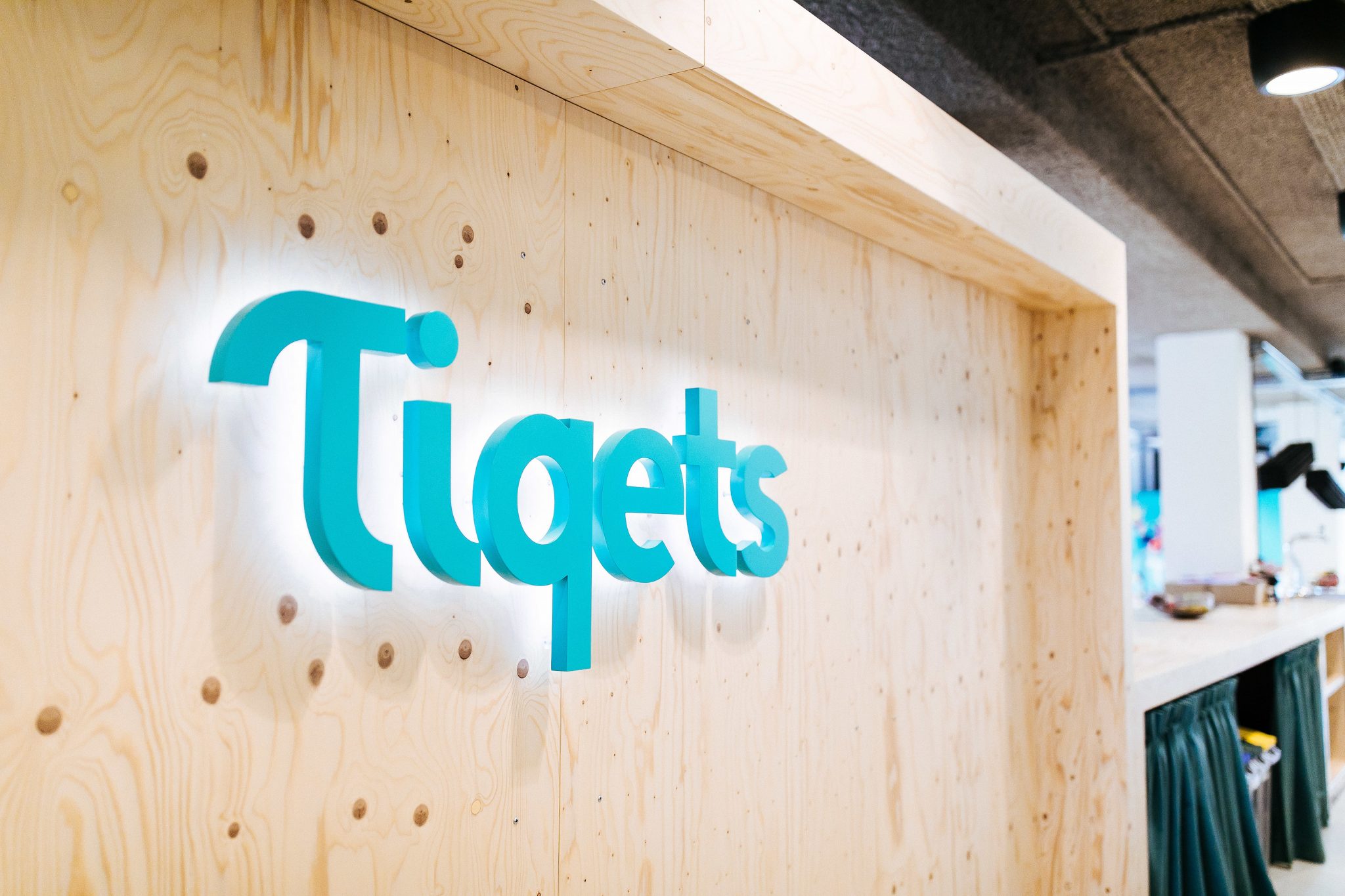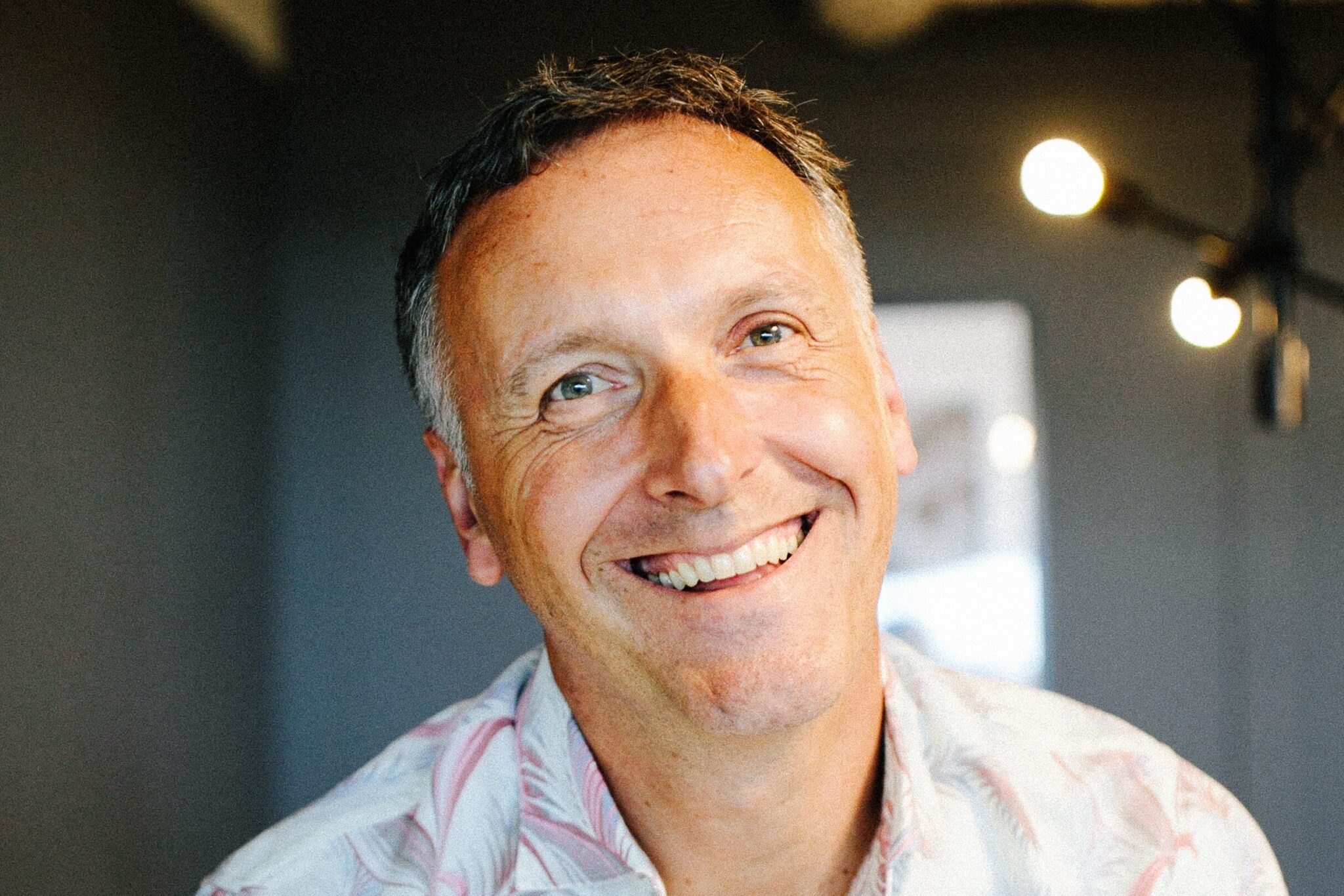Travel
Airbnb-Backed Tiqets Talks AI, Profits, and Scaling Travel Experiences

Tiqets navigated the pandemic better than some rivals thanks to a strategic investment from Airbnb.
“The company has been profitable since last year, meaning there is less need for funding,” said CEO Laurens Leurink.
Tiqets sells admission to museums and attractions, but with some twists. It specializes in special early morning or late night entries and getting direct exclusive inventory, partly by selling hardware and software to the attractions.
Tiqets says it’s doubling down on global expansion, aiming to bring its curated offerings to more destinations. Leurink spoke with Skift about the company’s growth strategy, including new partnerships and a continued focus on leveraging AI.
Skift: Tiqets has expanded its global reach and formed strategic tie-ups, such as with Sofar Sounds and Klook. What’s the thinking behind these partnerships?
Leurink: We’re very focused on these distributor and affiliate relationships. If you look at activities, we’re seeing some changes in planning. We see that before people decide where to go, they also look at the activity space. I think a lot of our distributed partners are seeing that as well.
Tiqets is focused on having direct contracts with its supply partners. The actual connection to the inventory offered by these supply partners are through different connectivity options: our API, the supplier’s API, the supplier’s reservation system, booking engines, widgets, etc… Tiqets is currently mapped to more than 300,000 operators and suppliers.
We curate by focusing on destination maturity, our audience mix, the wishlist of our key distribution partners, and many other criteria.
So, if you look at the scope of our distribution partners, it runs from big OTAs [online travel agencies] like MakeMyTrip and Expedia, to small travel media, blogs, and writers. We have tools to share our curated inventory with these distributor partners.
We’ve grown the volume from bigger, global, and often API-connected partners like travel companies and OTA’s equally in share with medium-sized and smaller parties like travel media and employee benefits partners that connect us via our affiliation tools like links, booking engines, and widgets. We have always been focused on both segments, but in the past few years, we’ve invested a lot in native technology, helping our distribution partners to monetize the full user trip by giving users access to bundling, packaging, and merchandising offerings. are strongly focused on growing both segments.
Skift: Can you share any plans for partnerships moving forward?
We’re seeing more and more appetite for the travel activity space, which for years has been called the third pillar yet to be dug out and explored. We started a pilot with TripAdvisor a few weeks ago, but Viator is not part of this pilot. Tiqets’ assortment has relatively more museums and attractions to offer while Viator has relatively more tours and activities. Museums and attractions score higher on ‘cultural and historic’ experiences than tours and activities.
Skift: Which innovations are you investing in? How do you see emerging technologies like AI or AR enhancing the visitor experience in museums and attractions?
Leurink: We mainly use these tools for internal efficiency, such as customer service, to optimize our content through localization and authorization rates for credit card transactions.
The [Tiqets] team has stayed at about 250 people, but with AI, we’ve been able to quadruple our business. So that’s a very pleasant use case.
We’re also experimenting, not at the scale of some of the bigger travel companies, but we’re definitely experimenting on UX changes for recommendations. So we want to use it to recommend the packages and the combinations.

Skift: What are Tiqets’s biggest challenges, and where do you see the most significant opportunities for growth?
If you look at Gen Z and Millennials, we definitely see that there’s a change in what’s on the bucket list. We’re back in the days of full-city packages aimed at experiences.
There’s still the Louvre if you visit Paris for the first time, but on the second, third, fourth, and fifth trips, the experience desire is getting more and more diverse. That’s why we’ve been expanding our curated offerings to more local, more culinary, and more off-the-beaten paths.
You could say it should also be something that differentiates on social media to share. These are definitely the generations that want to share and talk a lot about their experiences. Social media is a big driver there, and just stating that you’ve seen the Louvre, just like all your friends, is less interesting than sharing a special way you experienced the Louvre.
We have special, very early morning or late night entry with small groups. So, we’re trying to create more A-level experiences.
Skift: You had a lot of new fundraising and investment between 2017 and 2019. How has the company fared since?
Leurink: Airbnb invested right before the pandemic, and we were lucky enough to have that help us through the pandemic. Plus, you know, the fact that we’re based in the Netherlands, where there was coverage for salaries, etc, obviously was helpful.
We were lucky in that sense and we’ve not wasted the crisis. We invested in a lot of things that were already on the roadmap, but I guess we accelerated that. There was just more focus on finalizing things with a little bit less pressure, like fully automated page search, fully automated creation of landing pages.
We made use of intelligence like AI and machine learning and got more productive based on that.
We had a few internal rounds amongst the existing shareholders, but we are profitable and have a fully funded growth plan for the next few years. We are not actively fundraising at the moment.
Skift: Looking ahead, what is your long-term vision for Tiqets? Are there any new markets or types of experiences that you are particularly interested in exploring?
Leurink: Well, if you look at geographical growth, there are still a lot of white spots.
When I started at Tiqets, we were present in 800 destinations. In the past couple of years, we’ve pared it back and focused on the top 200 destinations. We’ve made the model work right and proved that it’s a profitable and sustainable model.
We’re a profitable company now. So now we are looking into, okay, what are the next 400 destinations that we’re going to bring to full maturity? Many will likely be in Europe. There’s still a lot of white spots in Europe.
We also see that sometimes the summers are quite hot in southern Europe, so we’re seeing a wider spread there.
We also see a few pockets in Asia Pacific that we’re very focused on: Southeast Asia, Australia, New Zealand, some other areas, and definitely the U.S.
In the U.S., we’ve doubled the team in the past year. The market is growing really fast there, so we’re expanding. The US is a much bigger domestic market with. specific characteristics.
But the potential and volumes in the less known states and destinations are tremendous. So, there’s still a lot of work to do for us there.







/cdn.vox-cdn.com/uploads/chorus_asset/file/25626295/247263_iphone_16_pro_AKrales_0799.jpg)
